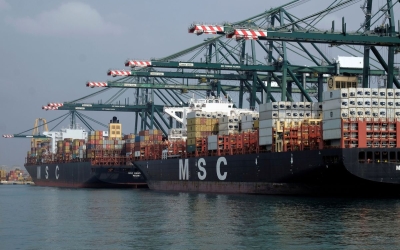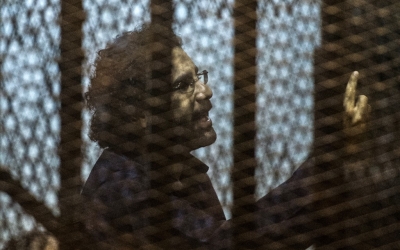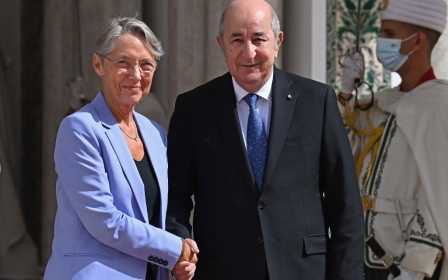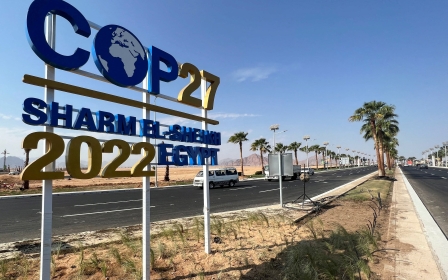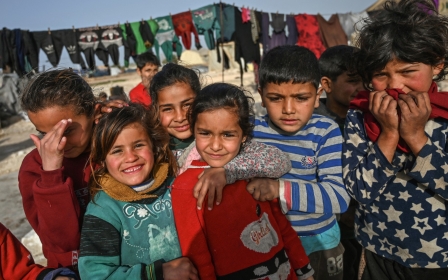Arabic press review: Kuwait mediates diplomatic spat between Algeria and Morocco
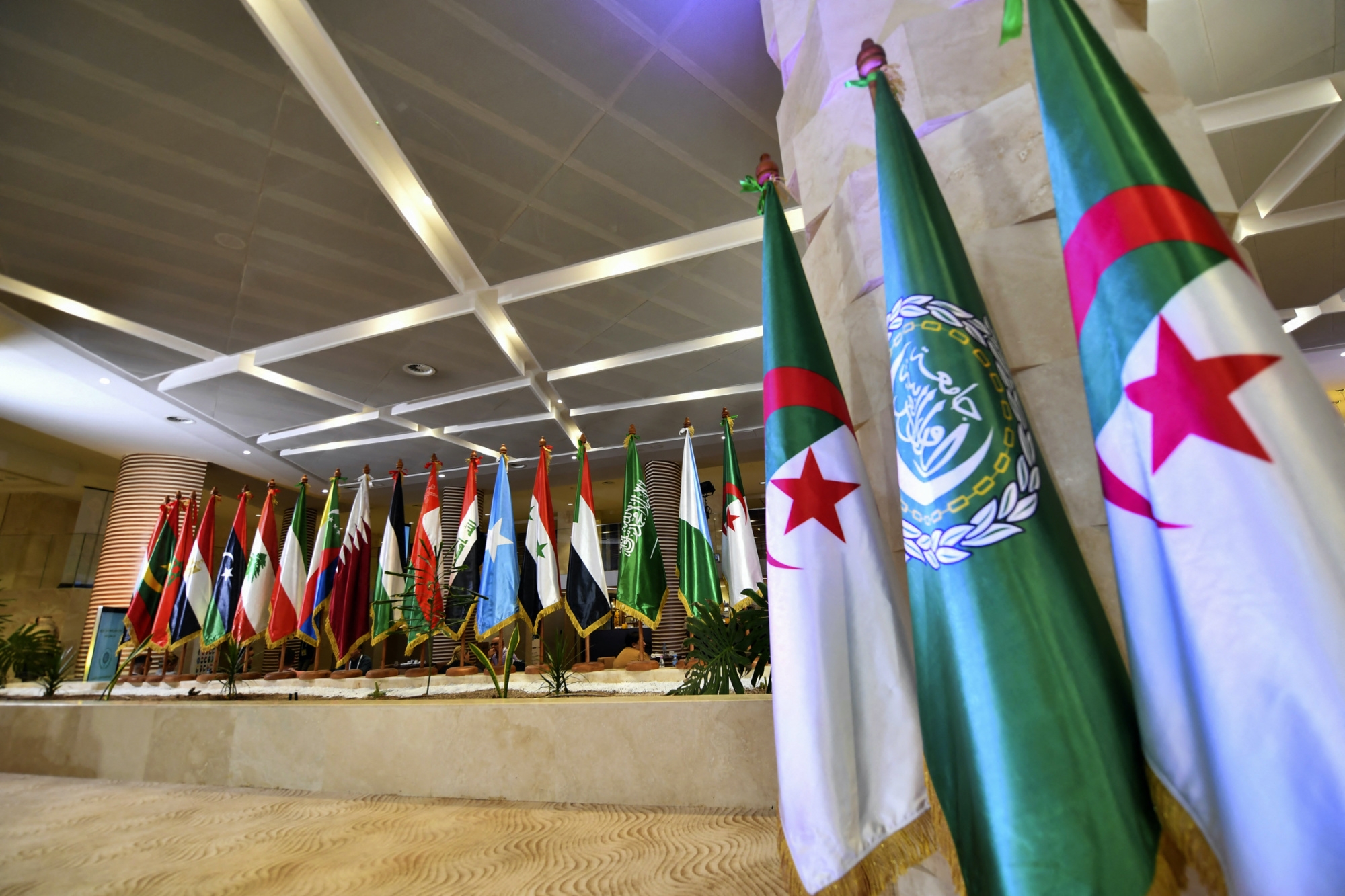
Algeria-Morocco tensions threaten Arab summit
Kuwaiti Foreign Minister Sheikh Salem Abdullah al-Jaber Al Sabah on Saturday contained a diplomatic spat between Algiers and Rabbat that threatened to disrupt the upcoming Arab summit in Algeria, Kuwaiti newspaper al-Rai revealed.
The newspaper reported a tense atmosphere at a preparatory closed-door meeting of Arab foreign ministers, where the Algerian and Moroccan delegations exchanged accusations.
"A private Algerian channel had published a map (without names) of the Arab countries, in which Western Sahara is not shown as part of Morocco's territory. Tension escalated after the Moroccan delegation objected," al-Rai quoted sources with knowledge on the matter as saying.
The sources said that the Kuwaiti foreign minister swiftly intervened to "bring views closer and solve the misunderstanding, and succeeded in his mission after a mediation that lasted into the late hours of the night".
Algerian Foreign Minister Ramtane Lamamra adjourned the meeting to Sunday to discuss the plans and items included in the draft agenda of the two-day Arab League summit, which will start on Tuesday.
Following the incident, the Algerian channel apologised for publishing "a map of the Arab world different than the Arab League-approved", and said that it was just a mere "technical error from the design department".
Algerian-Moroccan relations have been tense in recent years, with the neighbouring countries clashing on a number of issues, including border security, the Western Sahara, and Algeria's espionage accusations against Morocco.
Egypt to pardon former minister convicted of corruption
Judicial sources in Egypt said authorities have agreed to release a minister convicted in corruption cases from prison, Arabi21 reported.
Former agriculture minister Salah Hilal submitted a request to the Presidential Pardon Committee appealing to be included in the list of prisoners slated to receive the presidential pardon.
A judicial source in the committee said the request has been approved, and Hilal has now been included on a list that was sent to the relevant security officials and to the presidency for consideration and a final approval.
Following its establishnent, the Presidential Pardon Committee had said it would not consider the cases of prisoners convicted of bribery or financial corruption. Hilal's request marks the first such case undertaken by the committee, in direct violation of its own provisions, which were announced in the Egyptian official gazette when it was founded.
Hilal was sentenced to 10 years in 2016 after being convicted of financial corruption for "receiving financial bribes, gifts ... making illicit gains", and gaining wealth that did not correspond with his sources of income.
The 66-year-old former minister was arrested in 2015 after a six months stint in the agriculture ministry.
Syria camps besieged by hunger and poverty
Poverty and hunger are growing among thousands of families residing in northwestern Syria, especially in informal camps inhabited by internally displaced people, according to a report published by the London-based Al-Araby Al-Jadeed newspaper.
Al-Araby Al-Jadeed documented the daily struggles of displaced families as they worked to secure their livelihood and basic necessities. The report said families are forced to ration their needs and buy their supplies on a priority basis.
"The daily cost of living has increased due to the recent rise in prices and the almost complete lack of job opportunities in the camp," said Saifeddine al-Ali, who resides with his wife and five chidren in a camp near Idlib.
"The basic supplies that I work every day to secure are always the same. I do not have the luxury of change. The items include bread, tomatoes, rice, and spaghetti, and half a kilo of meat once a week only, tea and sugar."
Yasmine, who resides in a camp in northern Syria, said that she has three children, and "the whole family depends on the food basket provided to camp residents by the organisations that operate in the region, despite them not being enough to live."
The head of the Syria Response Coordinators team, Mohammed Hallaj, said that "the percentage of families classified under the poverty line reached about 87 percent during October, according to basic prices and income in northwestern Syria, of which 39 percent are also classified as under the hunger line".
The number of camps in northwest Syria has reached more than 1,400 and are inhabited by more than one and a half million people, most of whom have been experiencing very poor humanitarian conditions for several years.
*Arabic press review is a digest of news reports not independently verified as accurate by Middle East Eye.
Middle East Eye delivers independent and unrivalled coverage and analysis of the Middle East, North Africa and beyond. To learn more about republishing this content and the associated fees, please fill out this form. More about MEE can be found here.


